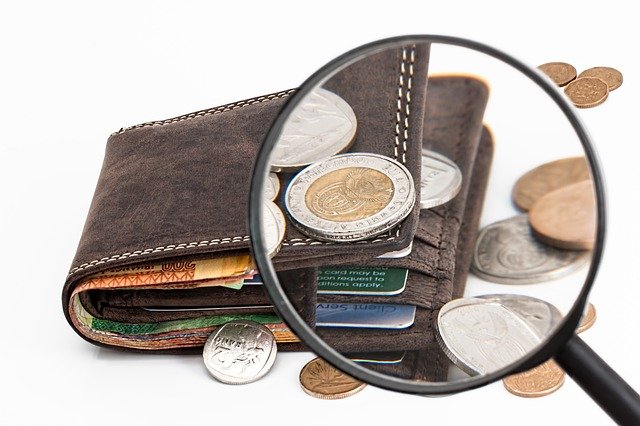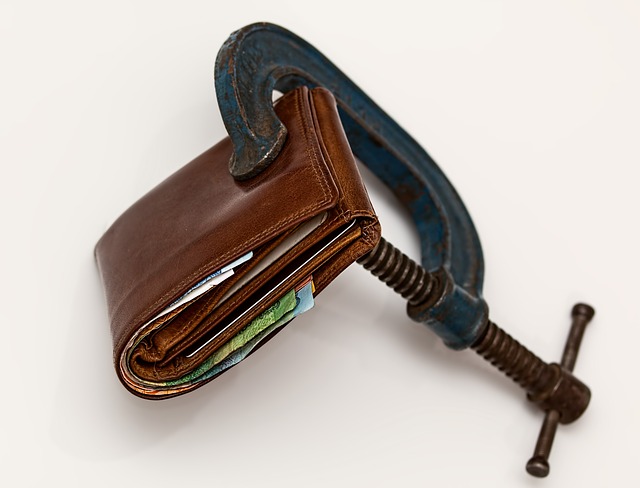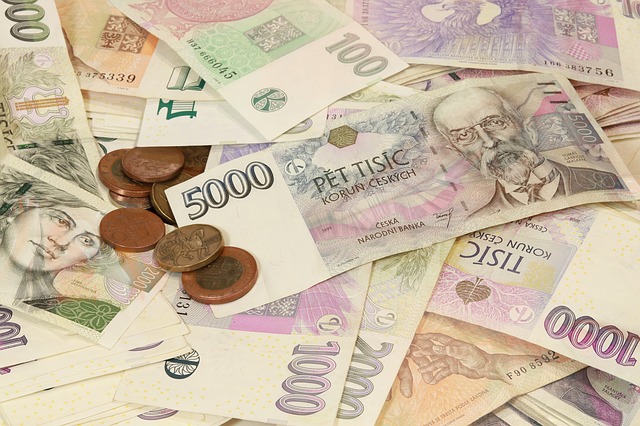Budgeting
Once you decide to budget, the first logical step is to calculateall your expenses. The easiest way to know how much you actually spent is to carefully record all of your income and expenses for the month. When we say everything, we mean everything. Write down not only your purchases at the store, but also your expenses at restaurants and coffee shops, transportation, gasoline, and just about everything else. Do not rely on bank statements. Once you\’ve completed your monthly mission, it\’s time to face the truth. Calculate your expenses and compare them to your income and financial plan. Ideally, after all expenses are calculated, you should still have about 10% of your income left over for incidental expenses. If not, or if you want to save more, it is time to start budgeting.
What will you spend?
The first step to a successful budget is to analyze your spending. Divide expenditures into three groups: those that are difficult to cut, those that can be cut, and those that are easy to cut.
1. Expenses that cannot be cut
These include those that must be paid and the amount of which cannot be controlled. Again, you can save pennies here, for example, by reviewing your insurance or switching loans, but you should not rely on this for now.
2. This will save money.
This includes transportation and basic groceries. I don\’t buy a public transportation pass because “I have a car and don\’t use public transportation that much”. If you look at the monthly cost, you may find that you are paying a few hundred yen extra each month because individual tickets are more expensive than commuter passes. In urban areas, you can get a monthly pass for as little as ¥500, and if you ride about 18 times a month, it will pay for itself. Furthermore, some cities offer transferable tickets so that multiple people in a household can use a single ticket. Public transportation is also more valuable than driving, so if you have the option, try to commute by bus or streetcar. It is best if you can bike or walk to work. It is good for your health and saves money. For example, when it comes to food, instead of buying one big pack, try buying lots of small packs to see if you are losing money. Buy two packs of spaghetti a month. Buy 1 kilo instead. Start making a shopping list to stop throwing food away because you can\’t eat it. Same goes for cosmetics and drugstores.
3. Why buy in the first place?
The last item is often surprisingly important, but one that can easily be cut from your list. It may not seem like a big expense, but when you add up all the coffee, snacks, clothes you don\’t need, and other little things, you may be surprised to find that it is these little pleasures that are taking up most of your budget.
But that\’s what makes me happy.
I am certainly not advising you to give up all the pleasures. You can\’t imagine a morning without coffee. Why not brew your own at home and bring it with you? This alone will save you hundreds of dollars a month. When you pay your bill, buy chocolates, candies, and other snacks with it. At least once or twice a week is essential. You don\’t have to give up any of your pleasures completely. Examine the services you are paying for and cancel those you are not using. You have subscriptions to newspapers you don\’t read. Get rid of them. You have a gym membership that you last visited in January. Start going or cancel it. Continue to review your budget until you are able to save at least
percent of your monthly salary [1]. This 10 percent will serve to cover unexpected expenses and allow you to begin saving this money. If you do not reach your target amount, you can seek professional help. For example, citizen advisory centers operating in larger cities can be helpful. Here, experts can help you develop a realistic budget and advise you on debt and other financial issues. Another option is to use an online planner. Also consider whether it is possible to increase your financial income. You\’ve been with the company for a long time, your job is going well, and the last time you got a raise was five years ago. Maybe it\’s time to change that. How about a promotion? You work hard, you get nothing, and you get a nice raise.
.




